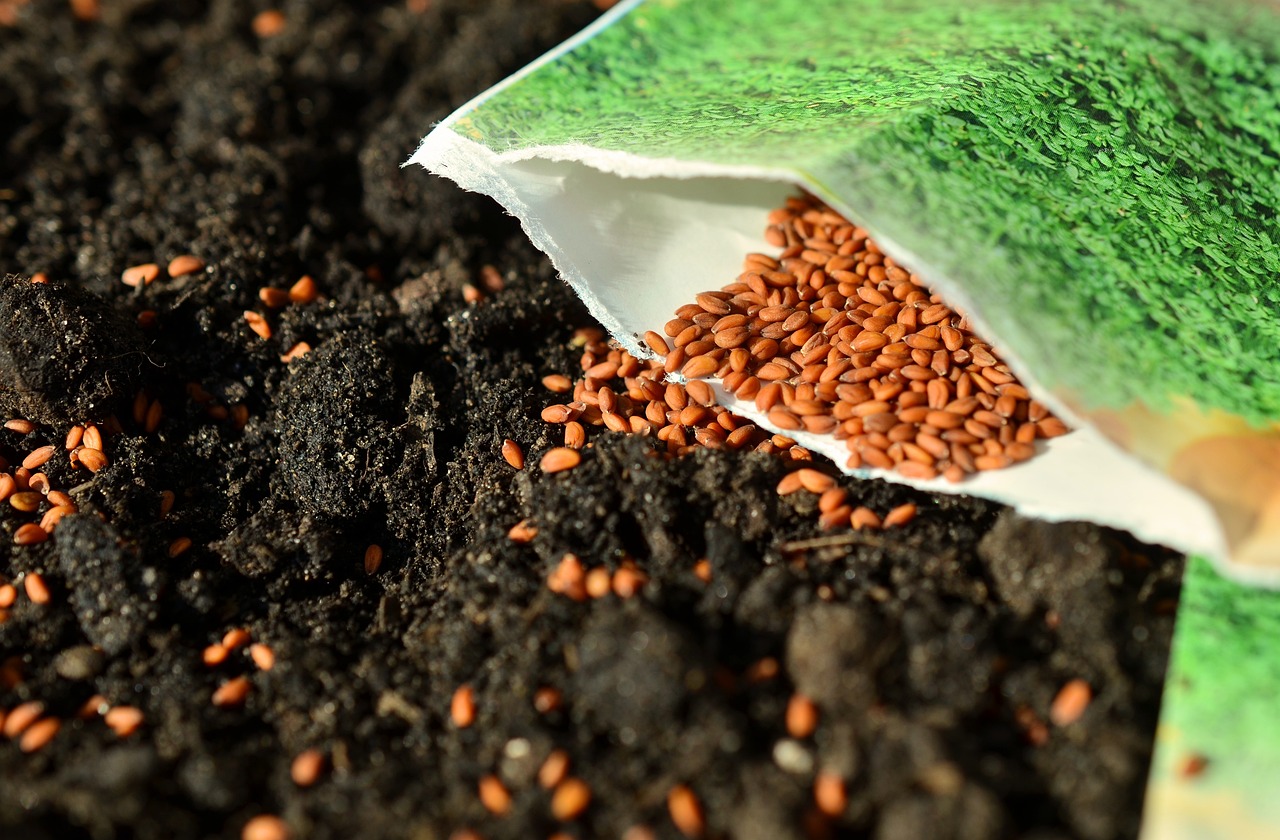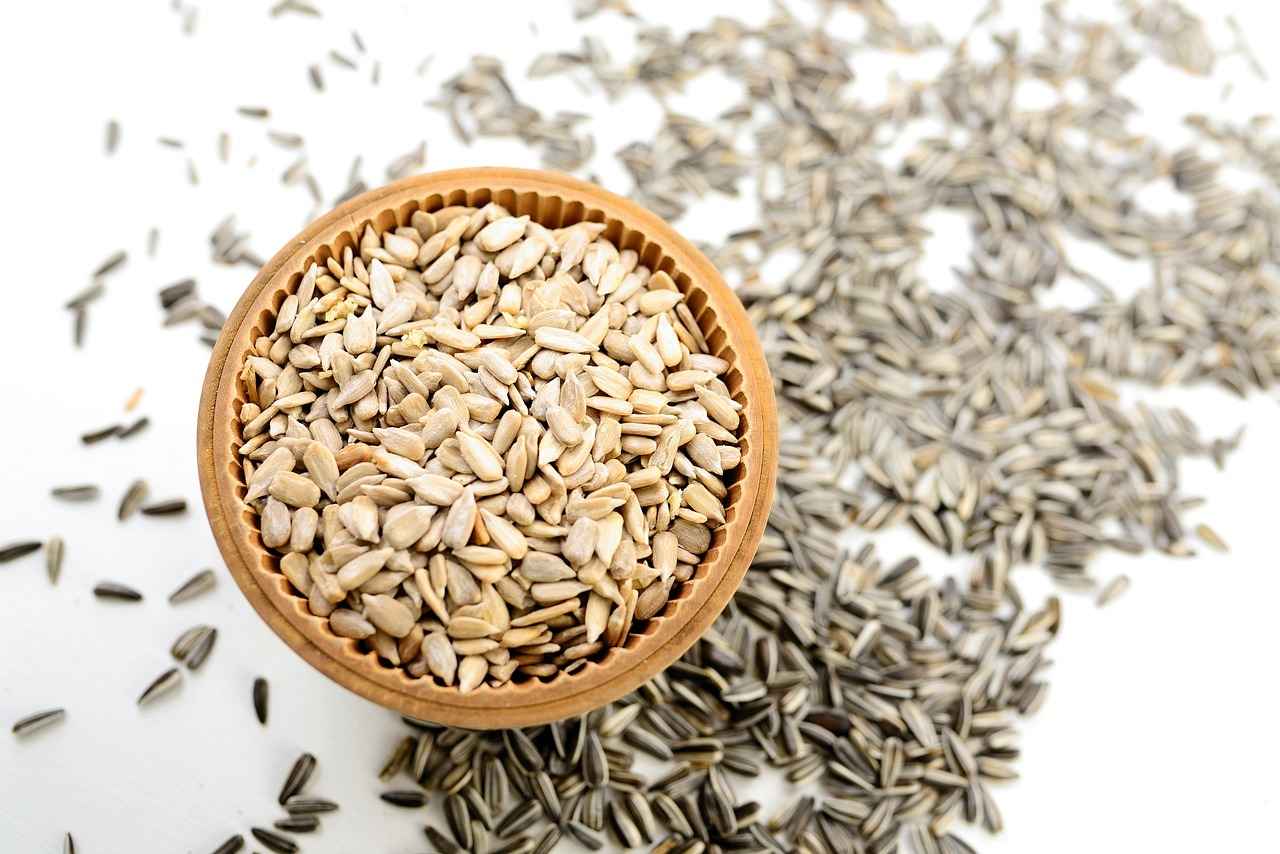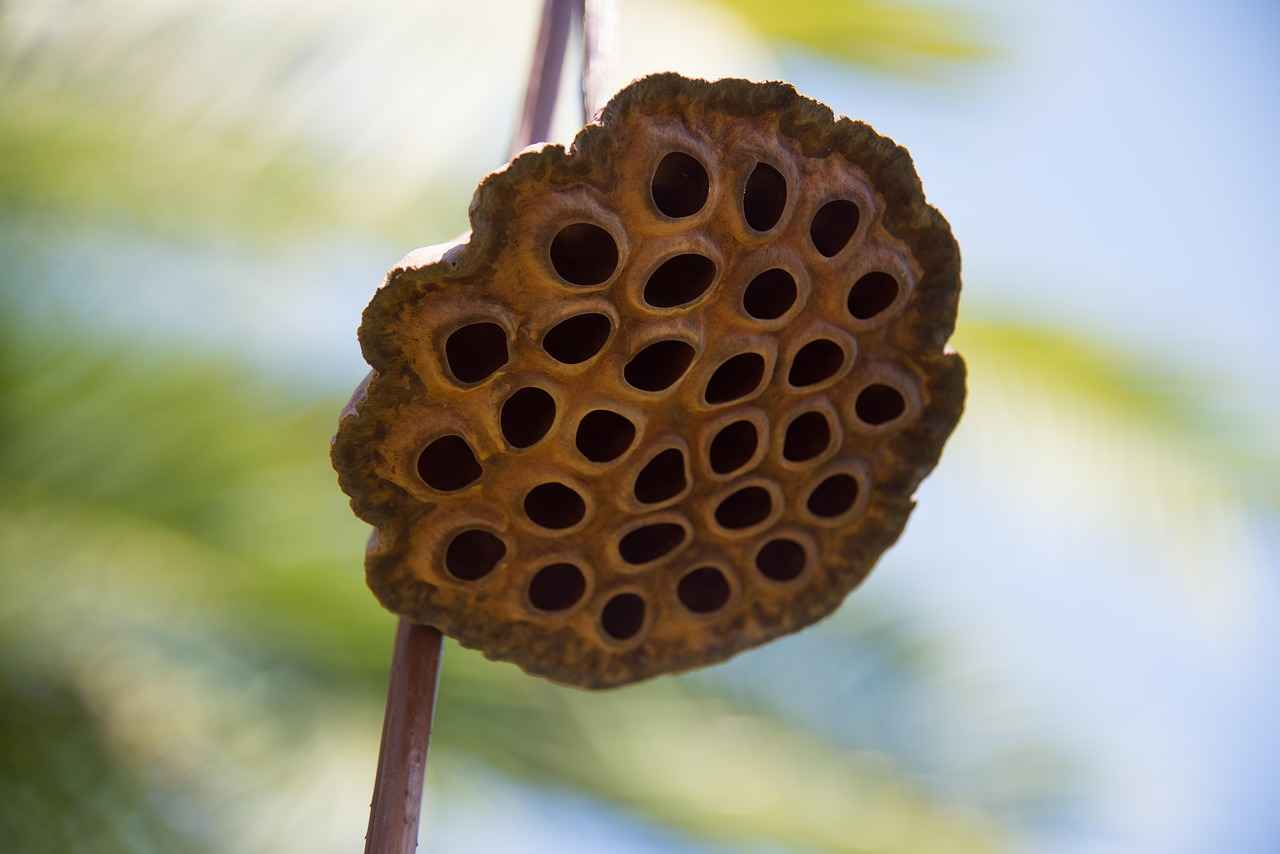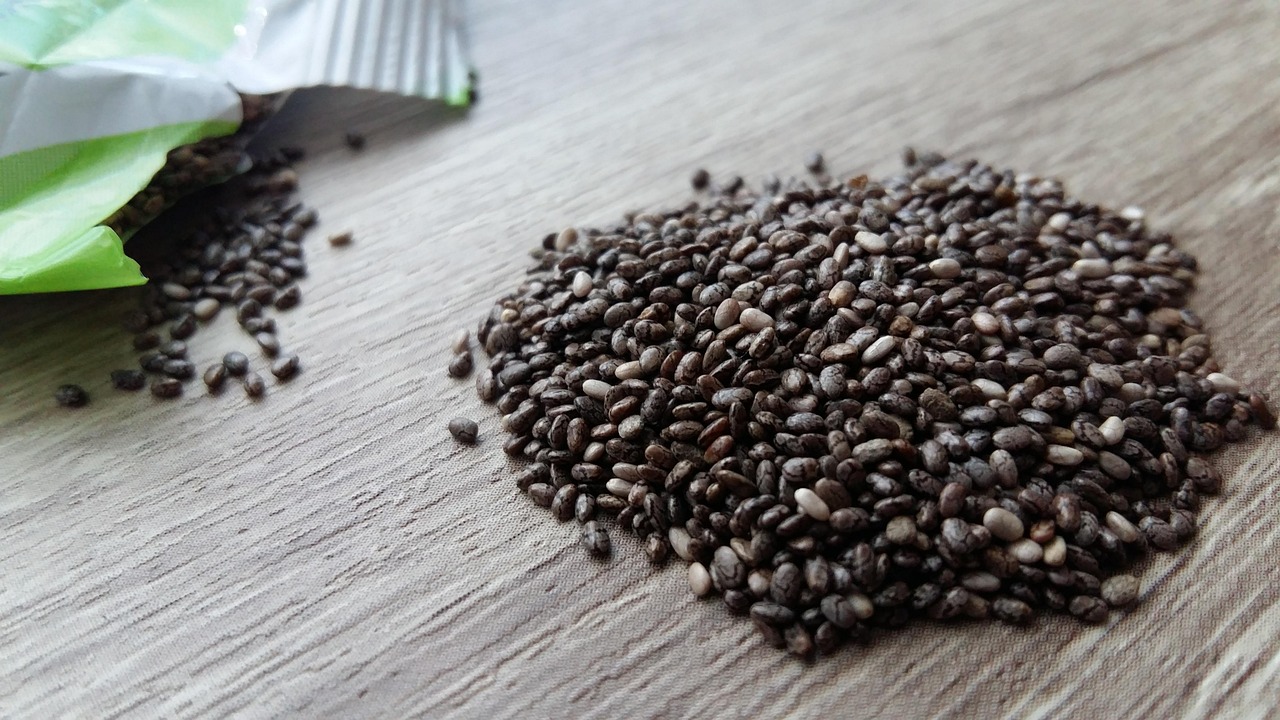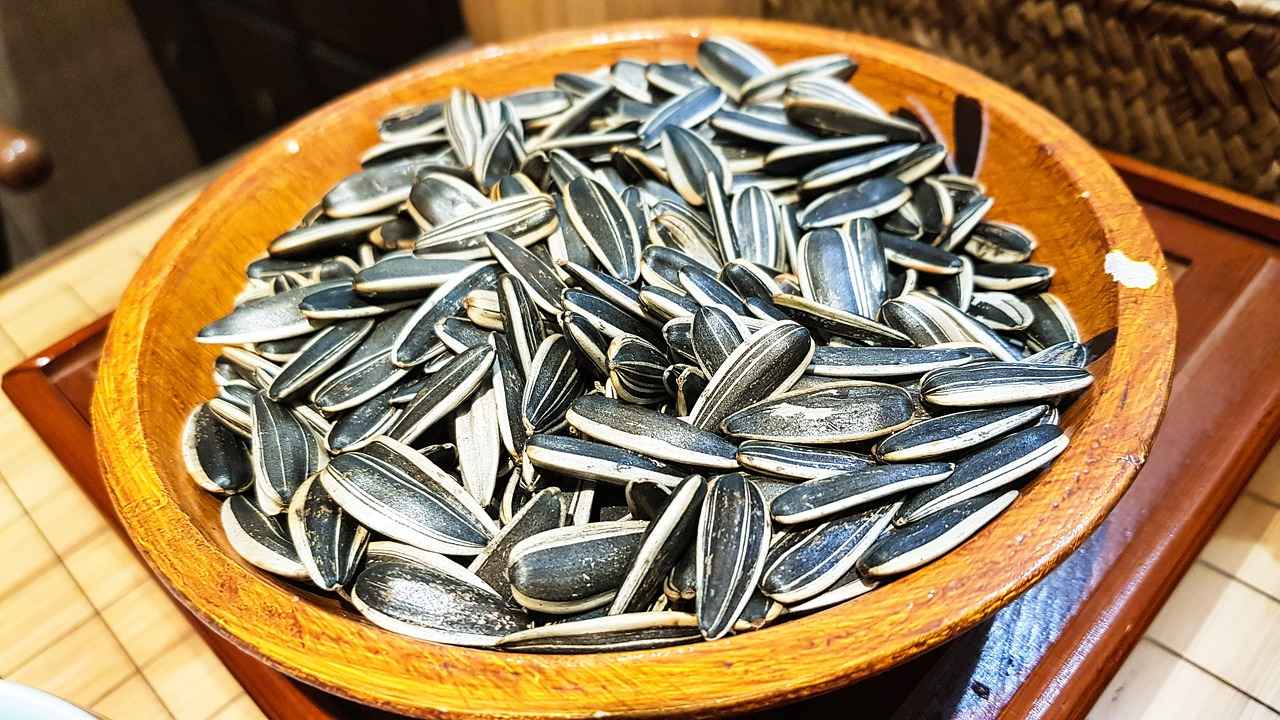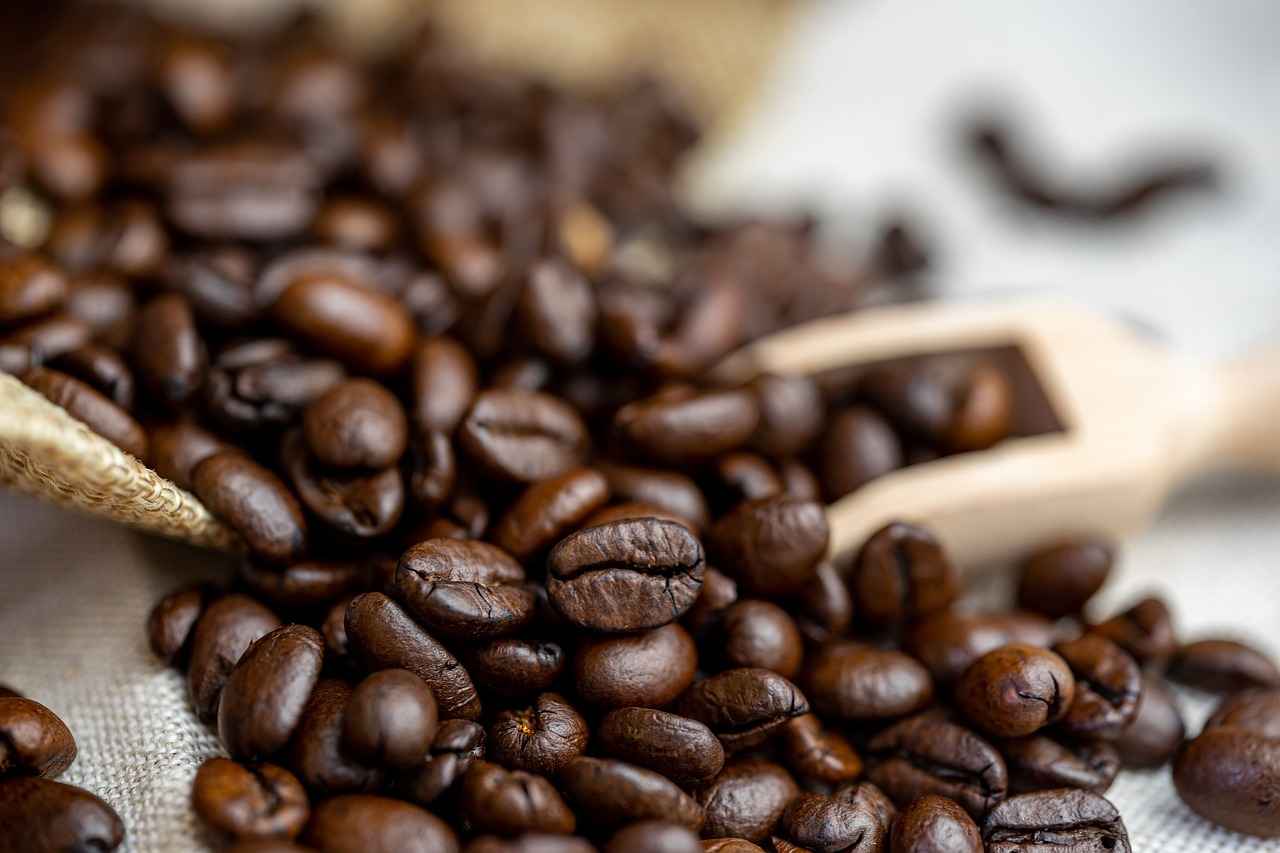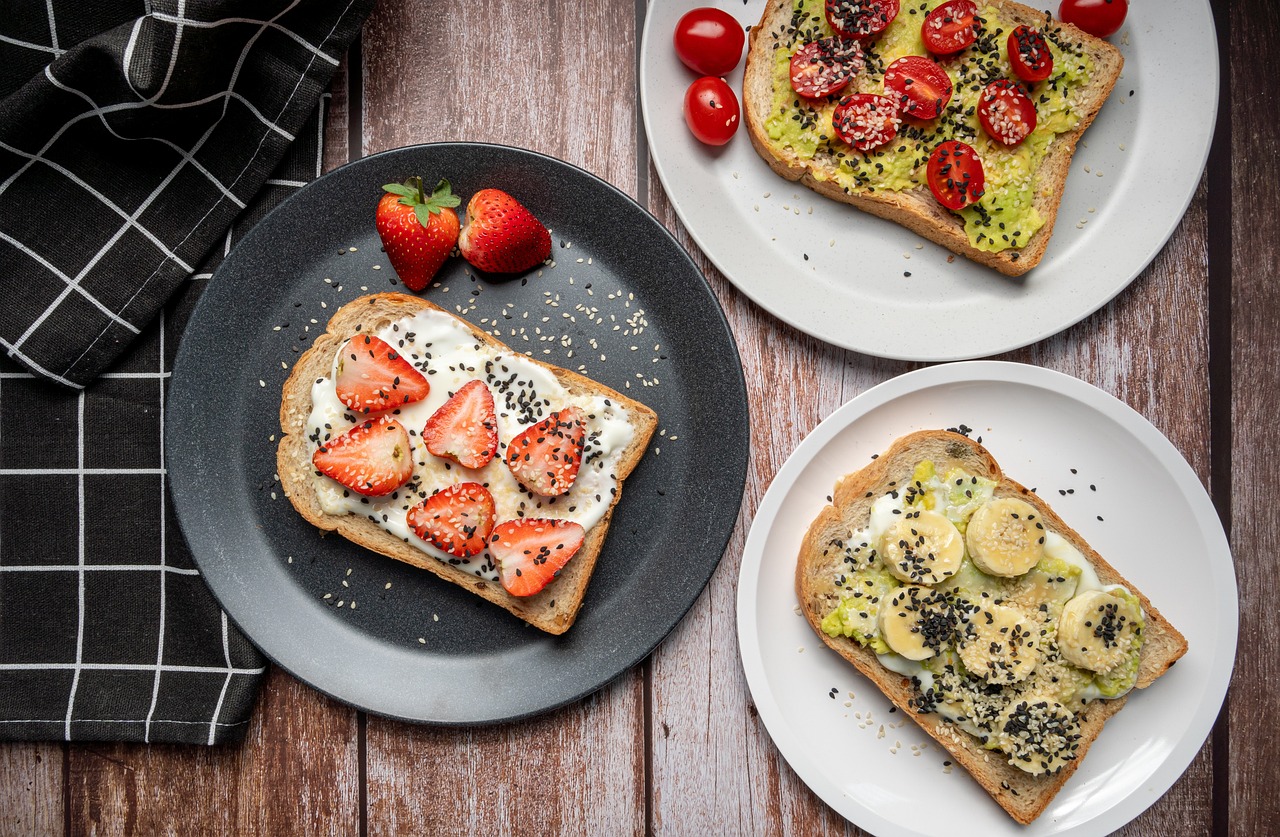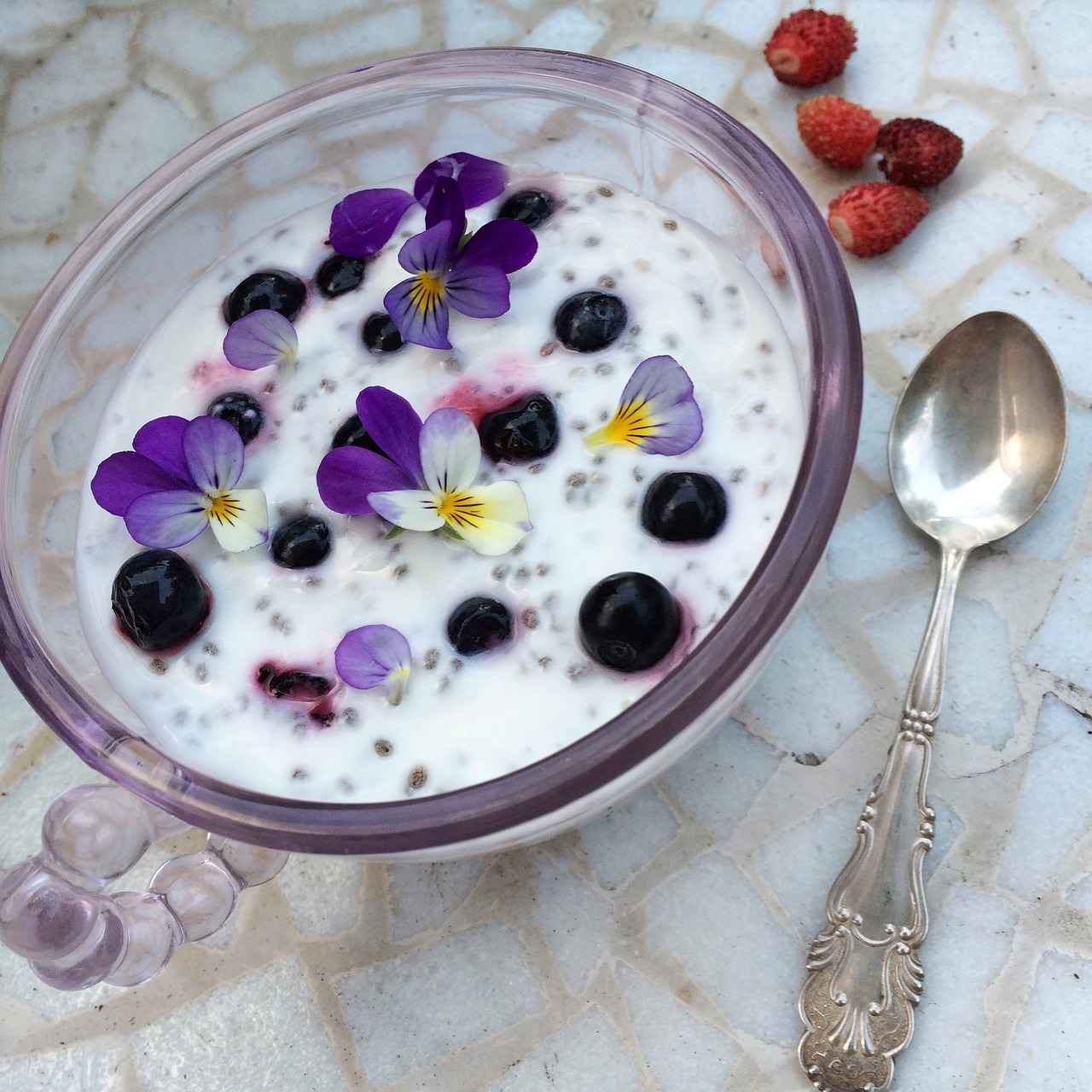Chia seeds have gained popularity in recent years for their impressive health benefits and nutritional profile. This article delves into the numerous advantages of incorporating chia seeds into your diet, providing insights on how they can contribute to your overall wellness.
Chia seeds are tiny, nutrient-dense seeds derived from the Salvia hispanica plant, which is native to Mexico and Guatemala. These seeds have been a staple in traditional diets for centuries, valued for their rich nutritional content and versatility in culinary applications.
Chia seeds are a powerhouse of essential nutrients, including:
- Omega-3 Fatty Acids
- Dietary Fiber
- Protein
- Various vitamins and minerals
Chia seeds are an excellent plant-based source of omega-3 fatty acids, which are vital for maintaining heart health and supporting brain function. These healthy fats are known to:
- Reduce inflammation
- Lower blood pressure
- Improve cholesterol levels
The high fiber content in chia seeds plays a crucial role in digestive health. Fiber helps to:
- Promote digestive regularity
- Enhance feelings of fullness
- Stabilize blood sugar levels
Due to their unique ability to absorb water and form a gel-like consistency, chia seeds can help control appetite and promote satiety. This makes them an effective addition to weight loss diets by:
- Reducing overall calorie intake
- Providing essential nutrients without excessive calories
Chia seeds contribute to cardiovascular health through their omega-3 fatty acids, fiber, and antioxidant properties. Regular consumption has been linked to:
- Improved cholesterol levels
- Lower blood pressure
- Reduced risk of heart disease
There are numerous ways to add chia seeds to your meals, enhancing both flavor and nutritional value. Here are some practical suggestions:
- Chia Seed Pudding: Combine chia seeds with your choice of milk, sweeten as desired, and let it sit overnight for a delicious breakfast.
- Smoothies: Blend chia seeds into your favorite smoothie for an added boost of fiber and healthy fats.
- Baking: Incorporate chia seeds into muffins, bread, or energy bars for a nutritious twist.
While chia seeds are generally safe for most people, some may experience digestive discomfort or allergic reactions. It’s essential to:
- Monitor your intake, especially if you’re not accustomed to high fiber foods.
- Consult with a healthcare professional if you have any concerns regarding allergies.
In summary, chia seeds are a nutrient-rich food that can significantly enhance your health and wellness. By incorporating them into your diet, you can enjoy their numerous benefits, from improved heart health to better digestive function.
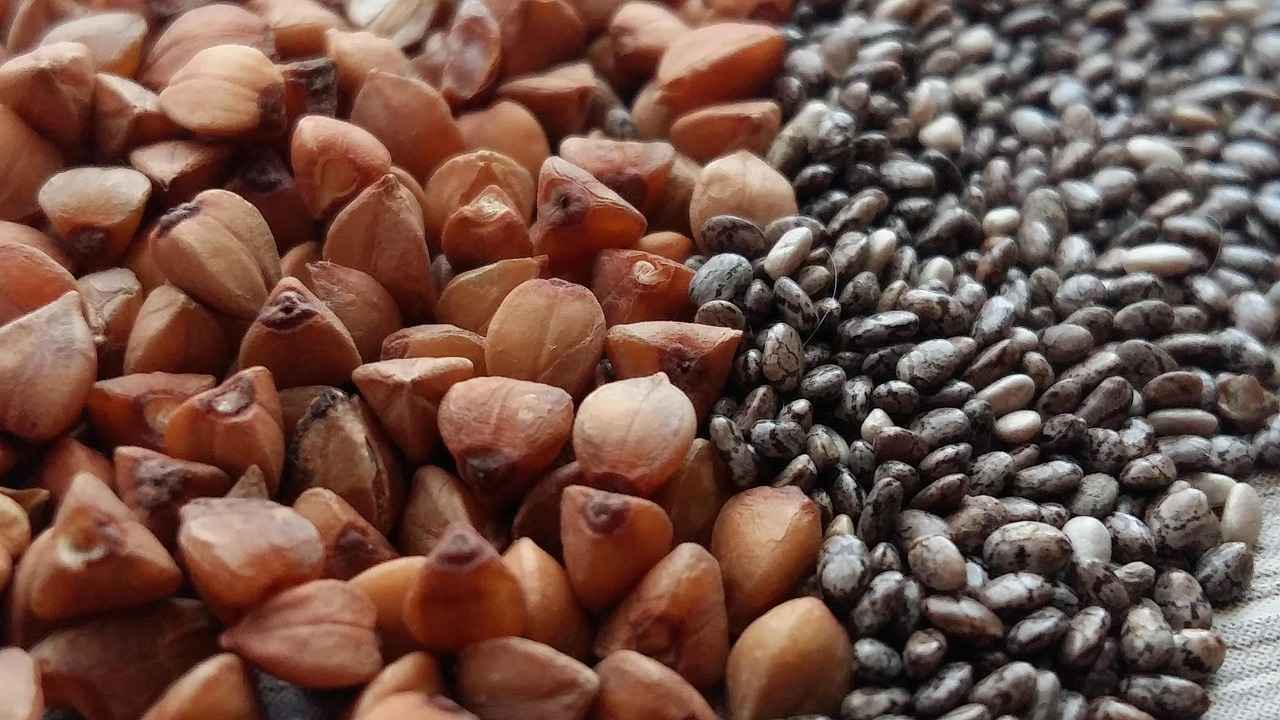
What Are Chia Seeds?
Chia seeds are tiny, nutrient-dense black seeds derived from the Salvia hispanica plant, which is native to Mexico and Guatemala. These seeds have gained immense popularity in the health and wellness community due to their remarkable nutritional profile and numerous health benefits. With a history that dates back to ancient civilizations, chia seeds were once a staple food for the Aztecs and Mayans, who valued them for their energy-boosting properties and ability to sustain endurance during long journeys.
Chia seeds are incredibly versatile and can be easily incorporated into a variety of dishes. They are known for their ability to absorb water, forming a gel-like consistency, which can enhance the texture of foods and contribute to a feeling of fullness. This unique property makes them a popular choice for those looking to manage their weight or increase their fiber intake.
These tiny seeds are a powerhouse of essential nutrients. They are particularly high in:
- Omega-3 Fatty Acids: Chia seeds are one of the richest plant-based sources of omega-3s, which are vital for heart health and cognitive function.
- Dietary Fiber: With around 10 grams of fiber per ounce, chia seeds support digestive health and help maintain stable blood sugar levels.
- Protein: They provide a complete protein source, containing all nine essential amino acids, making them an excellent addition to vegetarian and vegan diets.
- Vitamins and Minerals: Chia seeds are rich in calcium, magnesium, phosphorus, and several B vitamins, which play crucial roles in various bodily functions.
The high fiber content in chia seeds promotes feelings of fullness, which can help control appetite and reduce overall calorie intake. When chia seeds are soaked in liquid, they expand and form a gel, which can slow down digestion and prolong satiety.
Yes, chia seeds can significantly contribute to heart health. Their rich omega-3 fatty acid content helps lower bad cholesterol levels and reduce inflammation, which are important factors in preventing cardiovascular diseases. Regular consumption of chia seeds has been linked to improved blood pressure and overall heart function.
Incorporating chia seeds into your meals is easy and delicious. Here are some practical ways to enjoy them:
- Chia Seed Pudding: Combine chia seeds with your choice of milk and sweetener, let it sit overnight, and enjoy a nutritious breakfast.
- Smoothies: Add a tablespoon of chia seeds to your favorite smoothie for an extra boost of nutrients.
- Baking: Incorporate chia seeds into baked goods such as muffins or bread for added texture and nutrition.
While chia seeds are generally safe for most people, consuming them in excessive amounts may lead to digestive discomfort due to their high fiber content. It’s advisable to start with small quantities and gradually increase your intake to allow your body to adjust.
In summary, chia seeds are a fantastic addition to a balanced diet, offering numerous health benefits and versatile culinary uses. Their impressive nutrient profile makes them a valuable food for anyone looking to enhance their overall wellness.
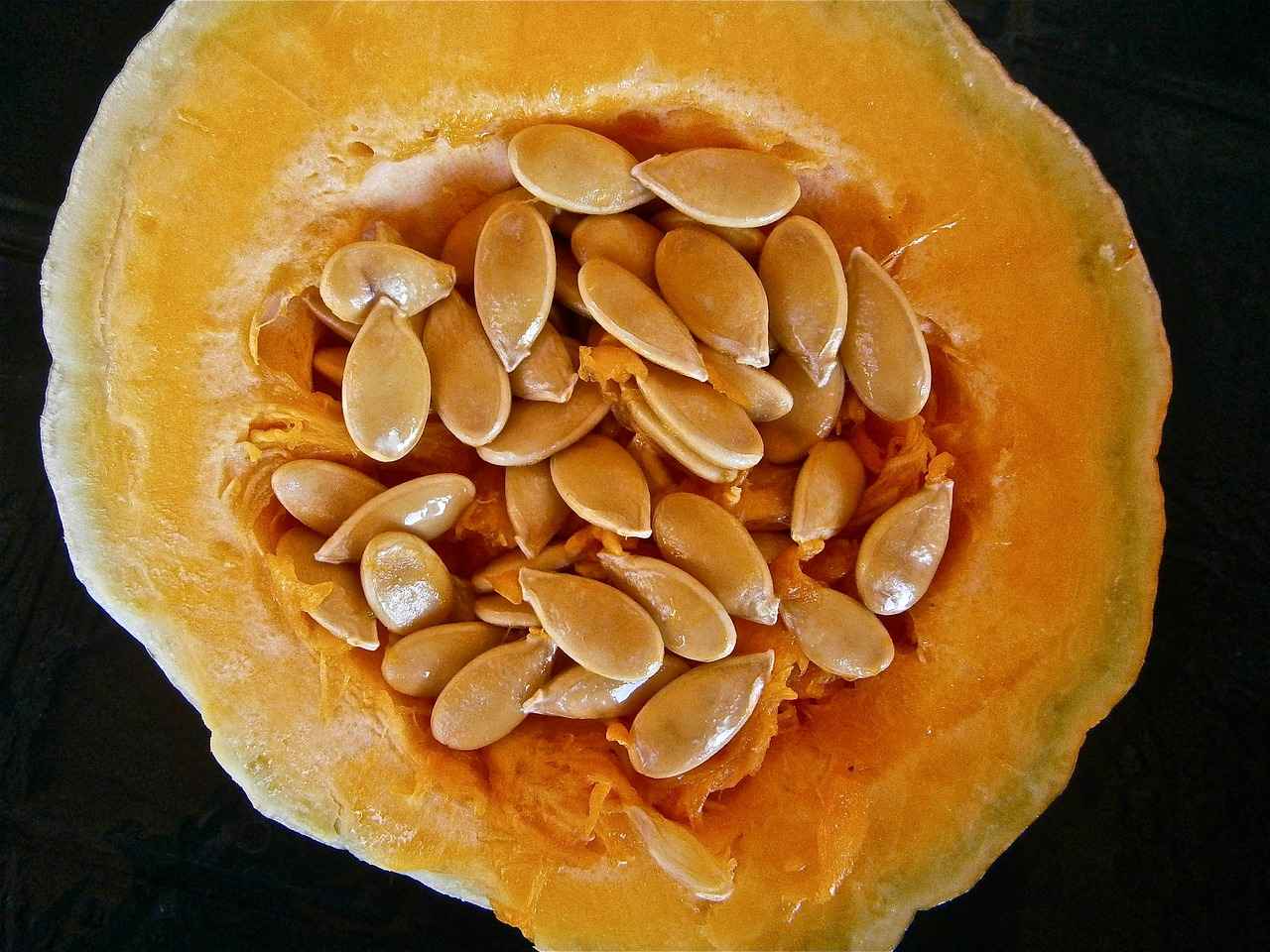
What Nutrients Do Chia Seeds Contain?
Chia seeds, small yet powerful, are a nutritional powerhouse that can significantly enhance your overall health and wellness. These tiny black seeds, derived from the Salvia hispanica plant, are not only versatile in culinary applications but also packed with essential nutrients that support various bodily functions. Understanding the nutritional profile of chia seeds can help you make informed dietary choices.
Chia seeds are exceptionally rich in a variety of nutrients, making them a popular choice among health enthusiasts. Here are some of the key components:
- Omega-3 Fatty Acids: Chia seeds are one of the best plant-based sources of omega-3 fatty acids. These healthy fats are vital for maintaining heart health and supporting brain function.
- Dietary Fiber: With a high fiber content, chia seeds can aid in digestion, promote feelings of fullness, and help stabilize blood sugar levels.
- Protein: Chia seeds contain a good amount of protein, which is essential for muscle repair and growth, making them an excellent addition to vegetarian and vegan diets.
- Vitamins and Minerals: These seeds are rich in various vitamins and minerals, including calcium, magnesium, phosphorus, and zinc, all of which play crucial roles in maintaining bodily functions.
The combination of these nutrients contributes to the many health benefits associated with chia seeds. Let’s explore some of the standout nutrients in more detail:
The omega-3 fatty acids found in chia seeds, particularly alpha-linolenic acid (ALA), are essential for several reasons:
- Heart Health: Omega-3s help reduce inflammation in the body, lower blood pressure, and improve cholesterol levels, which can lead to a decreased risk of heart disease.
- Brain Function: These fatty acids are crucial for cognitive health and may help reduce the risk of neurodegenerative diseases.
The high fiber content in chia seeds offers numerous benefits:
- Digestive Health: Fiber aids in digestion and helps prevent constipation by promoting regular bowel movements.
- Weight Management: The ability of chia seeds to absorb water and expand in the stomach can promote feelings of fullness, which may help control appetite and support weight loss efforts.
Chia seeds are a great source of plant-based protein, which is essential for:
- Muscle Repair: Protein is vital for repairing and building tissues, making chia seeds an excellent option for post-workout recovery.
- Satiety: Including protein in your diet can help you feel fuller for longer, aiding in weight management.
Yes, chia seeds are rich in essential vitamins and minerals:
- Calcium: Important for bone health, chia seeds provide a plant-based source of calcium.
- Magnesium: This mineral plays a role in over 300 biochemical reactions in the body, including energy production and muscle function.
- Antioxidants: Chia seeds also contain antioxidants that help combat oxidative stress, reducing the risk of chronic diseases.
Incorporating chia seeds into your diet can be simple and delicious. From adding them to smoothies and yogurt to using them in baking, the possibilities are endless. With their impressive nutrient profile, chia seeds are truly a superfood that can contribute to your overall health and wellness.
Omega-3 Fatty Acids
Omega-3 fatty acids are essential nutrients that play a vital role in maintaining overall health. They are particularly important for heart health and brain function, making them a crucial component of a balanced diet. One of the best plant-based sources of omega-3s is chia seeds, which are gaining popularity among vegetarians and vegans.
Omega-3 fatty acids are a type of polyunsaturated fat that the body cannot produce on its own, meaning they must be obtained through diet. These fatty acids are classified into three main types:
- Ala (Alpha-linolenic acid): Found in plant sources like chia seeds, flaxseeds, and walnuts.
- Epa (Eicosapentaenoic acid): Primarily found in marine sources such as fish and algae.
- Dha (Docosahexaenoic acid): Also found in fish and algae, crucial for brain health.
The consumption of omega-3 fatty acids is linked to numerous health benefits:
- Heart Health: Omega-3s help reduce triglycerides, lower blood pressure, and improve cholesterol levels, significantly lowering the risk of heart disease.
- Brain Function: These fatty acids are essential for brain health, contributing to improved cognitive function and potentially reducing the risk of neurodegenerative diseases.
- Anti-Inflammatory Properties: Omega-3s can help reduce inflammation in the body, which is beneficial for conditions such as arthritis and other inflammatory diseases.
- Mood Regulation: Research suggests that omega-3 fatty acids may help alleviate symptoms of depression and anxiety.
Chia seeds are a powerhouse of nutrition, offering a rich source of Ala. Just two tablespoons of chia seeds contain approximately 5,000 mg of omega-3 fatty acids. This makes them an excellent option for those who do not consume fish or other marine sources of omega-3s.
Adding chia seeds to your diet is simple and versatile. Here are some ideas:
- Smoothies: Blend chia seeds into your favorite smoothie for an extra nutrient boost.
- Oatmeal: Stir chia seeds into your morning oatmeal or yogurt for added texture and nutrition.
- Baking: Use chia seeds in baking recipes, such as muffins or bread, to enhance their omega-3 content.
- Chia Pudding: Combine chia seeds with milk or a dairy alternative, sweeten to taste, and let sit overnight for a delicious pudding.
While omega-3 fatty acids are essential, it’s important to consume them in moderation. Overconsumption can lead to potential side effects, such as:
- Digestive Issues: High intakes of chia seeds may cause bloating or discomfort due to their high fiber content.
- Blood Thinning: Omega-3s can affect blood clotting, so individuals on blood-thinning medications should consult a healthcare provider before increasing their intake.
In summary, omega-3 fatty acids are crucial for maintaining heart health and brain function, and chia seeds serve as an excellent plant-based source for those looking to enhance their omega-3 intake. By incorporating chia seeds into your daily diet, you can enjoy their numerous health benefits while supporting your overall wellness.
Benefits of Omega-3s
Omega-3 fatty acids are essential fats that our bodies cannot produce on their own. They play a critical role in maintaining overall health and well-being. This article will delve into the benefits of omega-3 fatty acids, highlighting their impact on inflammation, cardiovascular health, and overall wellness.
Omega-3 fatty acids are a type of polyunsaturated fat found in various food sources, particularly in fish, nuts, and seeds. They consist of three primary types: ALA (alpha-linolenic acid), EPA (eicosapentaenoic acid), and DHA (docosahexaenoic acid). Each type contributes uniquely to our health, making them vital components of our diets.
One of the most significant benefits of omega-3 fatty acids is their ability to reduce inflammation. Chronic inflammation is linked to various diseases, including heart disease, arthritis, and even cancer. Omega-3s help to inhibit the production of inflammatory substances in the body, thereby promoting a healthier inflammatory response.
Research indicates that omega-3 fatty acids play a pivotal role in promoting cardiovascular health. They help to:
- Lower Blood Pressure: Regular consumption of omega-3s can lead to reduced blood pressure levels, which is crucial for heart health.
- Improve Cholesterol Levels: Omega-3s can help increase HDL (good cholesterol) and lower triglycerides, contributing to a healthier lipid profile.
- Reduce Blood Clots: Omega-3 fatty acids can help prevent blood clots by making platelets less sticky, reducing the risk of heart attacks and strokes.
Omega-3 fatty acids are not only beneficial for heart health but also play a crucial role in brain function. DHA, in particular, is a major structural component of the brain and is essential for cognitive function. Studies have shown that adequate omega-3 intake is associated with a lower risk of cognitive decline and mood disorders.
Incorporating omega-3 fatty acids into your diet is easier than you might think. Here are some practical tips:
- Fatty Fish: Include sources such as salmon, mackerel, and sardines in your meals at least twice a week.
- Plant-Based Sources: For vegetarians and vegans, chia seeds, flaxseeds, and walnuts are excellent sources of ALA.
- Supplements: If you find it challenging to get enough omega-3s from food, consider high-quality fish oil or algae-based supplements.
While omega-3 fatty acids are generally safe, consuming them in excessive amounts can lead to some side effects, including:
- Digestive Issues: Some individuals may experience gastrointestinal discomfort or diarrhea when taking high doses.
- Blood Thinning: Due to their blood-thinning properties, those on anticoagulant medications should consult a healthcare professional before increasing omega-3 intake.
In conclusion, omega-3 fatty acids offer a plethora of health benefits, particularly in reducing inflammation, promoting cardiovascular health, and enhancing brain function. By incorporating omega-3-rich foods into your diet, you can significantly improve your overall well-being.
How to Incorporate Omega-3s
Incorporating omega-3 fatty acids into your daily diet is essential for maintaining optimal health, particularly for heart and brain function. One of the easiest and most delicious ways to achieve this is by adding chia seeds to your meals. These tiny seeds are not only rich in omega-3s but also offer a variety of health benefits that can enhance your overall wellness.
Chia seeds are an excellent source of alpha-linolenic acid (ALA), a type of omega-3 fatty acid that is vital for vegetarians and vegans. The body can convert ALA into other forms of omega-3s, making chia seeds a valuable addition to any diet.
- Smoothies: Blending chia seeds into your favorite smoothie is a quick and effective way to boost your omega-3 intake. Simply add a tablespoon of seeds to your blender along with fruits, vegetables, and your choice of liquid. The seeds will not only enhance the nutritional profile but also add a pleasant texture.
- Oatmeal: Stirring chia seeds into your morning oatmeal can elevate its nutritional value. Mix in a tablespoon of chia seeds while cooking your oats, and let them soak for a few minutes. This will create a creamy texture while providing a significant omega-3 boost.
- Baked Goods: Incorporating chia seeds into baked goods is another fantastic option. Whether you’re making muffins, pancakes, or bread, simply substitute a portion of the flour with ground chia seeds or add whole seeds for added crunch and nutrition.
- Salads: Sprinkle chia seeds on salads for a delightful crunch. They can absorb liquid and create a gel-like consistency, which can enhance the dressing’s texture while providing a dose of omega-3s.
- Chia Seed Pudding: For a nutritious dessert or snack, mix chia seeds with your choice of milk and let them sit overnight. This will create a thick pudding that can be flavored with fruits, nuts, or sweeteners.
To reap the benefits of chia seeds, a daily intake of 1 to 2 tablespoons is recommended. This amount provides a substantial source of omega-3s and other essential nutrients without overwhelming your digestive system.
Regular consumption of omega-3 fatty acids can lead to numerous health benefits, including:
- Heart Health: Omega-3s are known to lower triglycerides, reduce blood pressure, and decrease the risk of heart disease.
- Brain Function: These fatty acids are crucial for cognitive function and may help reduce the risk of neurodegenerative diseases.
- Anti-Inflammatory Properties: Omega-3s can help reduce inflammation in the body, potentially alleviating symptoms of conditions like arthritis.
Incorporating chia seeds into your diet is an effortless way to increase your omega-3 intake while enjoying a variety of delicious meals. With their versatility and numerous health benefits, chia seeds are a smart choice for anyone looking to enhance their nutritional profile.
High Fiber Content
in chia seeds is one of the key attributes that contribute to their status as a superfood. These tiny seeds, packed with dietary fiber, offer numerous health benefits that can significantly enhance your overall wellness.
Chia seeds are composed of approximately 34% fiber, making them one of the richest sources of this essential nutrient. The high fiber content not only supports digestive health but also plays a crucial role in regulating blood sugar levels and promoting feelings of fullness. This is particularly beneficial for those seeking to manage their weight or improve their dietary habits.
The fiber in chia seeds acts as a natural laxative, aiding in the smooth functioning of the digestive system. When chia seeds are soaked in water, they expand and form a gel-like substance, which can help to bulk up stool and facilitate its passage through the intestines. This can be especially helpful for individuals suffering from constipation or irregular bowel movements.
One of the remarkable properties of fiber is its ability to promote satiety. When consumed, chia seeds absorb liquid and swell in the stomach, creating a sense of fullness that can last for hours. This can significantly reduce the urge to snack between meals, making it easier to adhere to a healthy eating plan. By incorporating chia seeds into your meals, you can help control your appetite without feeling deprived.
High fiber intake is associated with improved blood sugar control. The soluble fiber in chia seeds slows down the digestion of carbohydrates, which helps to prevent spikes in blood sugar levels after meals. This is particularly beneficial for individuals with diabetes or those at risk of developing the condition. By maintaining stable blood sugar levels, chia seeds can contribute to better energy levels and reduced cravings.
- Chia Pudding: Mix chia seeds with your choice of milk and let them soak overnight for a nutritious breakfast.
- Smoothies: Add chia seeds to your favorite smoothie for an extra boost of fiber and nutrients.
- Baking: Incorporate chia seeds into muffins, bread, or energy bars for added texture and health benefits.
- Salads: Sprinkle chia seeds over salads to enhance their nutritional profile and add a delightful crunch.
Incorporating chia seeds into your diet can be a simple and effective way to increase your fiber intake. Just a small serving can provide significant health benefits, making these seeds a versatile addition to your meals.
While chia seeds are generally safe for most people, it is important to consume them in moderation. Due to their high fiber content, excessive consumption may lead to digestive discomfort, such as bloating or gas. Start with a small amount, gradually increasing your intake to allow your digestive system to adjust.
In summary, the high fiber content of chia seeds not only aids in digestion but also promotes satiety and stabilizes blood sugar levels. By incorporating these tiny seeds into your diet, you can enjoy a myriad of health benefits while enhancing your meals with their unique texture and nutritional profile.
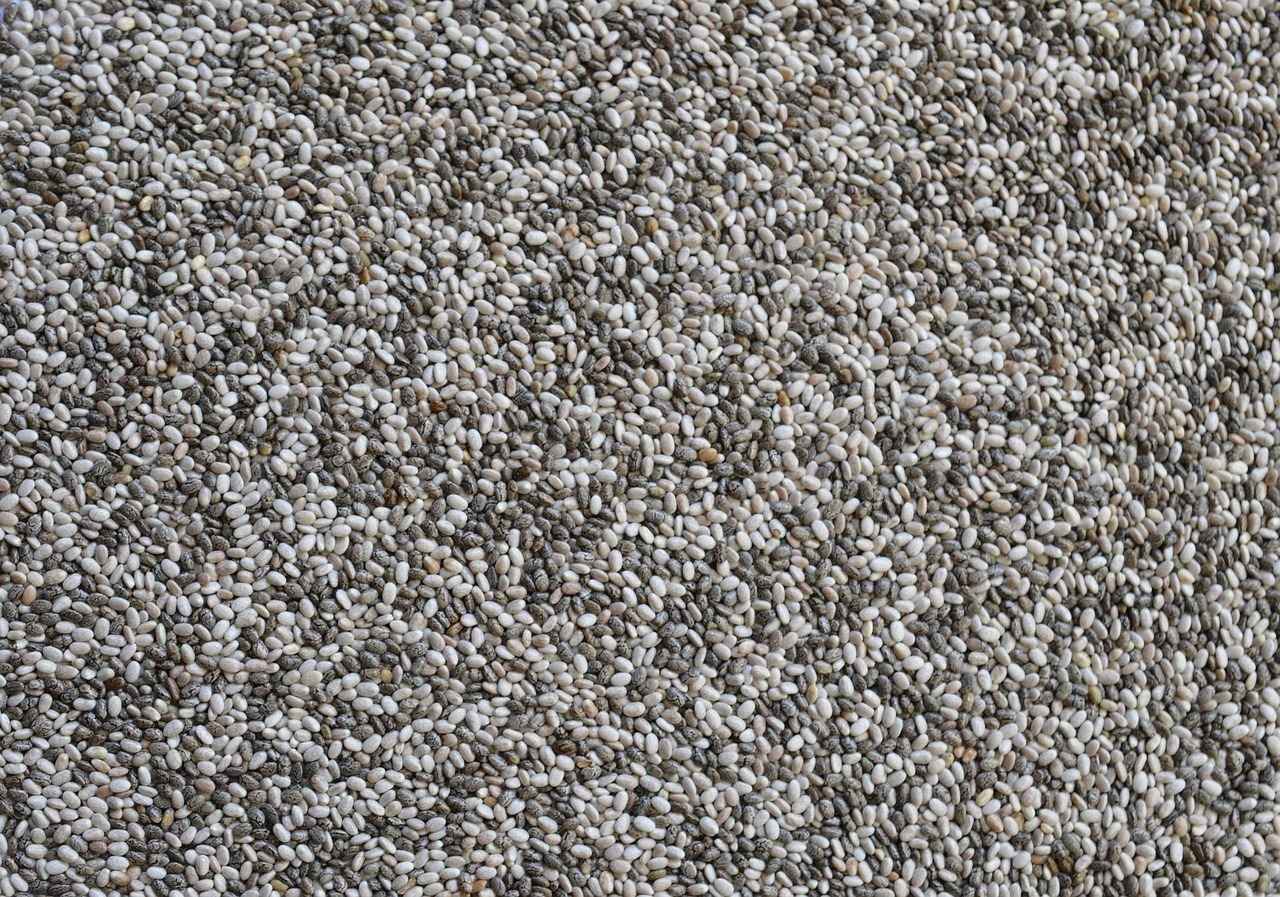
How Do Chia Seeds Support Weight Loss?
Chia seeds have gained significant attention in the wellness community, particularly for their impressive role in supporting weight loss. These tiny seeds are not only nutrient-dense but also possess unique properties that can enhance satiety and promote a healthier lifestyle.
Due to their high fiber content and remarkable ability to absorb water, chia seeds can help you feel full for longer periods. This characteristic makes them an invaluable addition to weight loss diets. When consumed, chia seeds can swell up to 12 times their original size, forming a gel-like substance that occupies space in the stomach, thus promoting a sense of fullness.
The gel-like texture of chia seeds when soaked in liquid plays a crucial role in appetite regulation. This unique characteristic can lead to a significant reduction in overall calorie intake. By incorporating chia seeds into your meals, you can experience prolonged feelings of satiety, which may help in curbing unnecessary snacking and overeating.
- Enhanced Fullness: Chia seeds can help you feel satisfied with smaller portions.
- Reduced Cravings: Their ability to stabilize blood sugar levels can minimize sudden hunger pangs.
- Weight Management: Regular consumption can assist in maintaining a healthy weight.
Chia seeds are not just about fiber; they are also packed with essential nutrients that support overall health. Here are some key components:
| Nutrient | Benefits |
|---|---|
| Omega-3 Fatty Acids | Support heart health and reduce inflammation. |
| Protein | Helps in muscle repair and growth. |
| Calcium | Essential for bone health. |
| Antioxidants | Combat oxidative stress and support overall wellness. |
Incorporating chia seeds into your daily meals is simple and versatile. Here are some practical ways to add them to your diet:
- Chia Seed Pudding: Mix chia seeds with your favorite milk and let them soak overnight for a nutritious breakfast.
- Smoothies: Add a tablespoon of chia seeds to your smoothies for an extra boost of fiber and protein.
- Baking: Incorporate chia seeds into muffins or bread for added texture and nutrition.
While chia seeds are generally safe for most people, it’s important to consume them in moderation. Due to their high fiber content, excessive intake can lead to digestive discomfort for some individuals. It’s advisable to start with a small amount and gradually increase your intake.
In conclusion, chia seeds are a powerful ally in the journey toward weight loss. Their ability to enhance satiety, coupled with their rich nutritional profile, makes them a smart choice for anyone looking to improve their diet. By incorporating chia seeds into your meals, you can enjoy their numerous health benefits while supporting your weight management goals.
Satiety and Appetite Control
Chia seeds have gained significant attention in the health and wellness community, particularly for their role in weight management. One of the most compelling aspects of chia seeds is their ability to promote satiety and assist in appetite control. This article delves into how the unique properties of chia seeds can help you feel fuller for longer, potentially leading to reduced calorie intake.
When chia seeds are soaked in liquid, they absorb water and swell, forming a gel-like consistency. This transformation is due to their high soluble fiber content, which can hold up to 12 times their weight in water. This gel-like texture not only enhances the sensory experience of consuming chia seeds but also plays a crucial role in appetite regulation.
The gel that forms when chia seeds are soaked creates a feeling of fullness in the stomach. This sensation can be attributed to several factors:
- Delayed Gastric Emptying: The gel-like substance slows down the digestion process, which can help you feel satisfied for a more extended period.
- Increased Fiber Intake: Chia seeds are rich in fiber, contributing to a sense of fullness and reducing hunger pangs.
- Blood Sugar Stabilization: The fiber in chia seeds helps slow the absorption of sugar into the bloodstream, preventing spikes and crashes that can lead to cravings.
To harness the benefits of chia seeds for satiety, consider incorporating them into your diet in various ways:
- Chia Seed Puddings: Mix chia seeds with almond milk or yogurt and let them sit overnight. The result is a creamy, satisfying pudding that can be enjoyed as breakfast or a snack.
- Smoothies: Add chia seeds to your favorite smoothie recipe for an extra boost of fiber and nutrients.
- Baking: Incorporate chia seeds into baked goods like muffins or bread for added texture and health benefits.
Several studies have investigated the impact of chia seeds on appetite and weight management. Research indicates that diets rich in fiber, particularly soluble fiber like that found in chia seeds, can lead to decreased appetite and lower overall calorie intake. A study published in the Journal of Nutrition found that participants who consumed chia seeds reported feeling fuller compared to those who did not.
While chia seeds can be beneficial for appetite control, it is essential to consume them in moderation. Overeating high-fiber foods can lead to digestive discomfort, such as bloating or gas. It is advisable to start with a small amount, such as a tablespoon, and gradually increase your intake while ensuring you drink plenty of water.
In summary, the gel-like texture of chia seeds when soaked in liquid can significantly enhance feelings of fullness, potentially reducing overall calorie intake. By incorporating chia seeds into your meals, you can take advantage of their appetite-suppressing properties, making them an excellent addition to any weight management plan.
Low-Calorie Nutrient Density
Chia seeds have gained significant popularity in recent years, particularly among health enthusiasts and those looking to manage their weight. These tiny seeds are not only versatile but also packed with essential nutrients that can support your overall wellness without contributing to excessive calorie intake.
Chia seeds are remarkably nutrient-dense while being low in calories. A typical serving of chia seeds (about 28 grams or 2 tablespoons) contains approximately 138 calories, which is relatively low compared to the plethora of nutrients they provide. This makes them an ideal food for those looking to maintain or lose weight.
Within those low calories, chia seeds deliver a wealth of nutrients:
- Fiber: Chia seeds contain about 10 grams of fiber per serving, which is essential for digestive health and can help you feel full longer.
- Protein: They provide around 5 grams of protein, which is crucial for muscle repair and overall bodily functions.
- Omega-3 Fatty Acids: These healthy fats are vital for heart and brain health.
- Vitamins and Minerals: Chia seeds are rich in calcium, magnesium, and phosphorus, contributing to bone health.
The combination of high fiber, protein, and healthy fats in chia seeds makes them a fantastic addition to any weight management plan. Their ability to absorb liquid and expand in your stomach can create a sense of fullness, reducing the likelihood of overeating.
Unlike many snacks that are high in calories and low in nutrients, chia seeds offer a satisfying alternative. They can be easily added to various meals, enhancing the nutritional profile without significantly increasing caloric intake. For instance, adding chia seeds to your morning smoothie or yogurt can provide a nutrient boost while keeping your calorie count in check.
Here are some practical ways to include chia seeds in your diet:
- Chia Seed Pudding: Mix chia seeds with your choice of milk (dairy or plant-based) and let it sit overnight. This creates a delicious and nutritious pudding.
- Smoothies: Blend chia seeds into your smoothies for added fiber and omega-3s.
- Baking: Incorporate chia seeds into bread or muffin recipes for a healthy twist.
While chia seeds are generally safe for most people, consuming them in excessive amounts can lead to digestive issues such as bloating or discomfort due to their high fiber content. It’s essential to start with a small serving and gradually increase your intake.
In summary, chia seeds are a nutrient-dense food that can support weight management efforts effectively. With their low-calorie count and high levels of essential nutrients, they serve as an excellent choice for those looking to maintain a healthy lifestyle. Whether you choose to sprinkle them on salads, blend them into smoothies, or create delicious puddings, chia seeds can easily fit into your daily routine, helping you achieve your wellness goals.
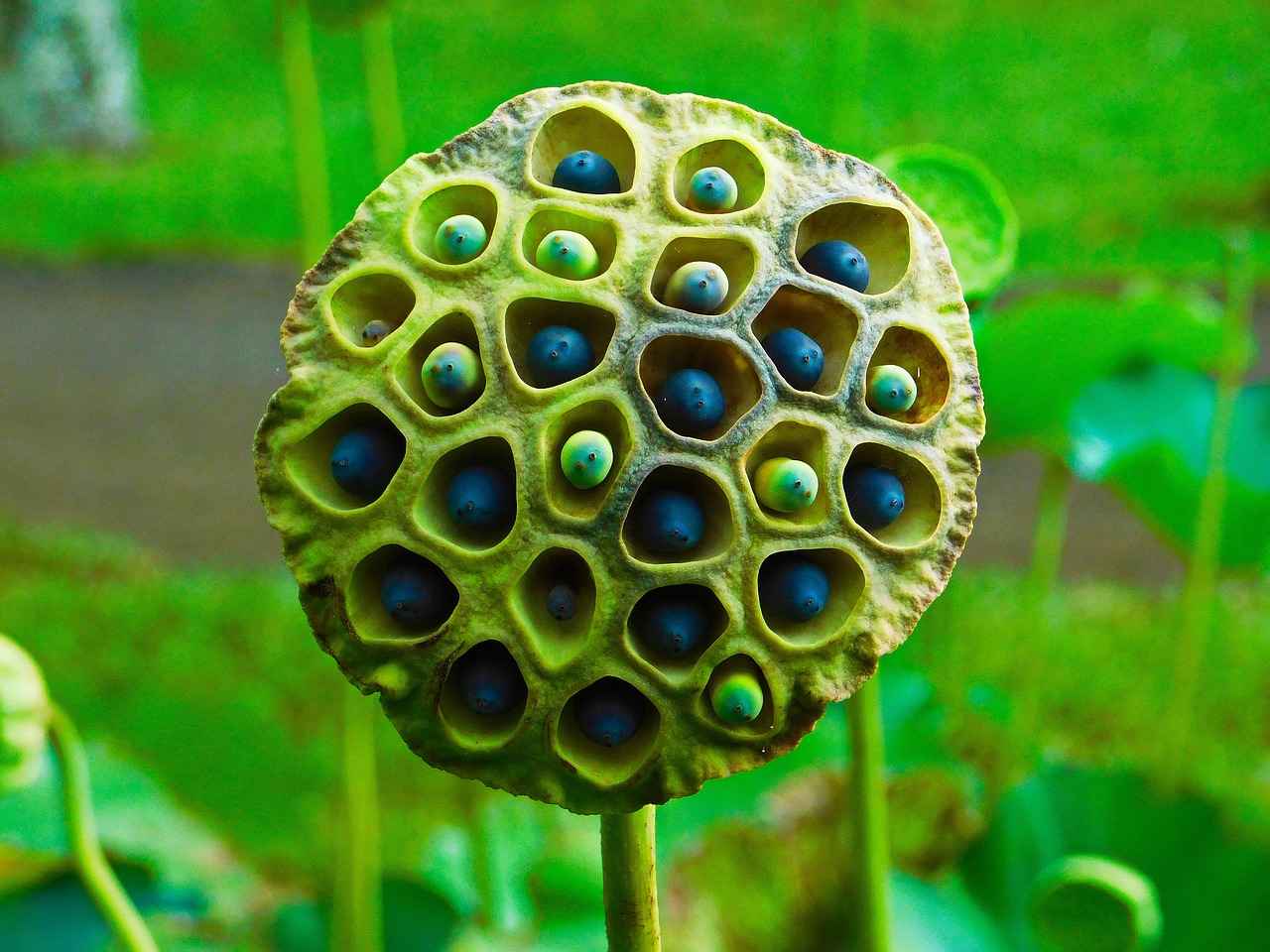
Are Chia Seeds Good for Heart Health?
Chia seeds have gained popularity as a superfood, and their contributions to heart health are particularly noteworthy. These tiny seeds are not only rich in essential nutrients but also pack a punch when it comes to supporting cardiovascular wellness. Let’s delve deeper into how chia seeds can benefit your heart.
Why are Omega-3 Fatty Acids Important for Heart Health?
Chia seeds are an excellent source of omega-3 fatty acids, specifically alpha-linolenic acid (ALA). Omega-3s are known for their ability to reduce inflammation, lower blood pressure, and improve overall cholesterol levels. These effects are crucial in preventing heart disease, as they help to maintain a healthy cardiovascular system.
How Does Fiber Contribute to Heart Health?
Another significant benefit of chia seeds is their high fiber content. Fiber plays a vital role in heart health by helping to lower cholesterol levels and regulate blood sugar. A diet rich in fiber can reduce the risk of heart disease by promoting a healthy weight and improving digestion. The soluble fiber found in chia seeds forms a gel-like substance in the stomach, which can help to keep you feeling full and satisfied.
What Role Do Antioxidants Play?
Chia seeds are also loaded with antioxidants, which help combat oxidative stress in the body. Oxidative stress contributes to inflammation and the development of chronic diseases, including heart disease. By incorporating chia seeds into your diet, you can help protect your heart and overall health from the damaging effects of free radicals.
How Can Chia Seeds Help Manage Cholesterol and Blood Pressure?
Regular consumption of chia seeds has been linked to improved cholesterol levels and lower blood pressure. The combination of omega-3 fatty acids and fiber works synergistically to promote healthy blood lipid profiles. Studies have shown that individuals who include chia seeds in their diets experience significant reductions in total cholesterol and triglycerides, markers that indicate heart health.
What Are Some Easy Ways to Incorporate Chia Seeds into Your Diet?
- Chia Seed Pudding: Mix chia seeds with your choice of milk and let them soak overnight for a nutritious breakfast.
- Smoothies: Add chia seeds to your favorite smoothie for an extra boost of fiber and omega-3s.
- Baked Goods: Incorporate chia seeds into muffins or bread for added texture and nutrition.
Are There Any Risks Associated with Chia Seeds?
While chia seeds are generally safe for most people, it’s important to consume them in moderation. Due to their high fiber content, excessive intake can lead to digestive discomfort, such as bloating or gas. Additionally, individuals with specific allergies should monitor their reactions when introducing chia seeds into their diet.
In summary, chia seeds are a powerhouse of nutrition that can significantly contribute to heart health. Their omega-3 fatty acids, fiber, and antioxidant properties work together to lower the risk of heart disease, improve cholesterol levels, and promote overall cardiovascular wellness. By incorporating chia seeds into your daily meals, you can take a proactive step towards better heart health.
Cholesterol and Blood Pressure Management
Cholesterol and blood pressure are critical factors in maintaining a healthy cardiovascular system. High levels of cholesterol can lead to plaque buildup in arteries, while elevated blood pressure can strain the heart. Fortunately, incorporating chia seeds into your diet may provide significant benefits in managing these two health concerns.
Chia seeds are rich in omega-3 fatty acids, particularly alpha-linolenic acid (ALA), which has been shown to reduce levels of LDL (bad) cholesterol while increasing HDL (good) cholesterol. This balance is crucial for heart health, as it helps prevent the formation of arterial plaque.
Research indicates that regular consumption of chia seeds can lead to favorable changes in cholesterol profiles. A study published in the Journal of Nutritional Biochemistry found that participants who included chia seeds in their diet experienced significant reductions in total cholesterol and triglycerides. This suggests that chia seeds can be a valuable addition to a heart-healthy diet.
In addition to improving cholesterol levels, chia seeds may also help lower blood pressure. The high fiber content in chia seeds contributes to this effect by promoting better blood vessel function and reducing overall blood pressure. A study in the American Journal of Hypertension highlighted that individuals who consumed chia seeds daily showed a notable decrease in systolic and diastolic blood pressure.
The combination of omega-3 fatty acids, fiber, and antioxidants in chia seeds creates a powerful nutritional profile that supports heart health. The antioxidants help combat oxidative stress, which is a risk factor for heart disease. By reducing inflammation and improving circulation, chia seeds can play a role in maintaining a healthy cardiovascular system.
- Chia Seed Pudding: Mix chia seeds with your choice of milk and let it sit overnight for a nutritious breakfast.
- Smoothies: Add chia seeds to your smoothies for an extra boost of fiber and omega-3s.
- Salads: Sprinkle chia seeds on salads for added crunch and nutritional benefits.
While chia seeds are generally safe for most individuals, it’s essential to consume them in moderation. Their high fiber content can cause digestive discomfort if eaten in excessive amounts. Additionally, those with allergies to similar seeds should approach chia seeds with caution.
In summary, regular consumption of chia seeds can significantly contribute to cholesterol management and blood pressure regulation, promoting overall cardiovascular health. Incorporating them into your diet is simple and can be done through various delicious recipes. As always, consult with a healthcare professional before making significant changes to your diet, especially if you have existing health conditions.
Antioxidant Properties
Chia seeds have gained popularity in recent years, not just as a trendy superfood but also for their remarkable health benefits. One of the most significant advantages of chia seeds lies in their . These properties play a crucial role in protecting the body from oxidative stress and inflammation, both of which are known risk factors for various chronic diseases, including heart disease.
Antioxidants are molecules that help neutralize free radicals—unstable atoms that can damage cells and lead to chronic diseases. By combating oxidative stress, antioxidants contribute to overall health and well-being. Chia seeds are particularly rich in antioxidants, which can help:
- Reduce inflammation: Chronic inflammation is linked to numerous health issues, including heart disease, diabetes, and cancer.
- Support heart health: By lowering oxidative stress, antioxidants in chia seeds can help maintain healthy blood vessels and reduce the risk of heart-related conditions.
- Enhance skin health: Antioxidants can protect the skin from damage caused by UV rays and pollution, promoting a youthful appearance.
Chia seeds contain several potent antioxidants, including quercetin, chlorogenic acid, and caffeic acid. These compounds work together to neutralize free radicals and reduce oxidative stress in the body. By including chia seeds in your diet, you can:
- Enhance your body's natural defense mechanisms- Support cellular health and longevity- Improve overall vitality and energy levels
Adding chia seeds to your diet is simple and versatile. Here are some effective ways to enjoy their antioxidant benefits:
- Chia Seed Smoothies: Blend chia seeds into your favorite smoothies for a nutrient boost.
- Chia Pudding: Combine chia seeds with milk or a dairy-free alternative, let it sit overnight, and enjoy a delicious pudding.
- Baked Goods: Incorporate chia seeds into muffins, bread, or energy bars for added nutrition.
Numerous studies have highlighted the health benefits of chia seeds, particularly their antioxidant content. Research indicates that regular consumption of chia seeds can lead to improved markers of oxidative stress and inflammation in the body. This suggests that these tiny seeds can play a significant role in preventing chronic diseases and promoting long-term health.
While chia seeds are generally safe for most people, it’s important to consume them in moderation. Overconsumption may lead to digestive discomfort due to their high fiber content. It’s advisable to start with a small amount and gradually increase your intake to gauge your body’s response.
In summary, the of chia seeds make them a valuable addition to your diet. By incorporating these seeds into your meals, you can take significant steps toward enhancing your overall health and well-being while fighting oxidative stress and inflammation.

How Can You Use Chia Seeds in Your Diet?
Chia seeds are one of the most versatile superfoods available today. These tiny seeds can be easily incorporated into a variety of meals, enhancing both flavor and nutritional value. From smoothies to salads, chia seeds offer an easy way to boost your daily intake of essential nutrients.
Incorporating chia seeds into your meals is not only simple but also delicious. Here are some popular methods:
- Chia Seed Pudding: One of the most popular ways to enjoy chia seeds is by making chia seed pudding. Combine 3 tablespoons of chia seeds with 1 cup of almond milk (or any milk of your choice) and let it sit overnight in the refrigerator. The next morning, you can add fruits, nuts, or honey for added flavor.
- Adding to Smoothies: Chia seeds can be easily added to your favorite smoothie recipes. Simply blend 1-2 tablespoons into your smoothie mix, and enjoy a nutrient-packed drink that is rich in fiber and omega-3 fatty acids.
- In Salads: Sprinkle chia seeds over salads for a delightful crunch. They not only enhance the texture but also provide a boost of nutrients. A tablespoon of chia seeds can easily be mixed into your salad dressing or sprinkled directly on top.
- Baking with Chia Seeds: Chia seeds can be incorporated into baked goods. Replace some of the flour in your recipes with chia seeds, or use them to make healthy muffins or bread. They add moisture and a nutty flavor.
- Chia Seed Jam: Create a healthy jam by mixing chia seeds with mashed fruit and a touch of sweetener. Let it sit for a few hours, and you’ll have a nutritious spread for your toast.
Chia seeds are not just versatile; they are also packed with essential nutrients. They are an excellent source of omega-3 fatty acids, fiber, protein, and various vitamins and minerals. The high fiber content helps in digestion and promotes a feeling of fullness, making them a great addition for those looking to manage their weight.
Absolutely! Chia seeds can be added to various beverages. You can mix them into your morning juice or tea. When soaked in liquid, they expand and create a gel-like texture, which can add a unique twist to your drinks.
- Chia Fresca: This refreshing drink is made by mixing chia seeds with water and a splash of lemon or lime juice. It’s a hydrating and energizing beverage.
- Protein Shakes: For those who are fitness enthusiasts, adding chia seeds to your protein shake can enhance its nutritional profile, providing extra energy and nutrients.
While chia seeds are generally safe for most people, it’s important to consume them in moderation. Due to their high fiber content, eating large amounts can lead to digestive discomfort. Always ensure you drink plenty of water when consuming chia seeds to help with digestion.
In summary, chia seeds are a fantastic addition to a healthy diet. Their versatility allows you to enjoy them in numerous ways, making it easy to reap their nutritional benefits. Whether you prefer them in puddings, smoothies, salads, or baked goods, these tiny seeds can significantly enhance your meals.
Chia Seed Pudding Recipes
Chia seed pudding has gained popularity as a nutritious breakfast option, thanks to its ease of preparation and numerous health benefits. This delightful dish not only satisfies your morning hunger but also provides a wealth of essential nutrients that can support your overall wellness.
Chia seeds, derived from the Salvia hispanica plant, are renowned for their impressive nutrient profile. When mixed with your choice of milk—be it almond, coconut, or dairy—these tiny seeds absorb liquid and expand, creating a satisfying pudding-like texture. This unique property makes chia seeds an excellent addition to your breakfast routine.
Creating chia seed pudding is simple and can be customized to suit your taste preferences. Here’s a basic recipe:
- Ingredients:
- 1/4 cup chia seeds
- 1 cup milk of choice
- 1-2 tablespoons sweetener (honey, maple syrup, or agave)
- 1/2 teaspoon vanilla extract (optional)
- Instructions:
- In a bowl or jar, mix the chia seeds, milk, sweetener, and vanilla extract.
- Stir well to prevent clumping.
- Cover and refrigerate overnight (or for at least 4 hours).
- Before serving, stir again and add your favorite toppings.
The versatility of chia seed pudding allows for endless topping possibilities. Here are some delicious options to elevate your dish:
- Fresh fruits: Berries, bananas, or mango slices add natural sweetness and vibrant color.
- Nuts and seeds: Almonds, walnuts, or pumpkin seeds provide a satisfying crunch and healthy fats.
- Granola: A sprinkle of granola can enhance the texture and add extra flavor.
- Coconut flakes: Unsweetened coconut flakes can add a tropical twist.
Absolutely! One of the best aspects of chia seed pudding is its meal prep potential. You can prepare several servings in advance and store them in the refrigerator for up to five days. This makes it an ideal option for busy mornings, ensuring you have a healthy breakfast ready to go.
Incorporating chia seed pudding into your diet offers numerous health benefits:
- High in Fiber: Chia seeds are loaded with fiber, which aids digestion and promotes a feeling of fullness.
- Rich in Omega-3 Fatty Acids: These healthy fats are essential for brain health and can help reduce inflammation.
- Protein-Packed: Chia seeds provide a good source of plant-based protein, making them a great option for vegetarians and vegans.
In summary, chia seed pudding is not only a delicious and versatile breakfast option but also a powerhouse of nutrition. With a simple recipe and endless customization possibilities, it’s easy to incorporate this superfood into your daily routine. So why not give it a try and enjoy the myriad health benefits it offers?
Adding Chia Seeds to Smoothies
Chia seeds have gained popularity in the health and wellness community, and for good reason. When added to smoothies, these tiny seeds not only enhance the flavor but also significantly boost the nutritional profile of your drink. Let’s explore how incorporating chia seeds into your smoothies can transform them into a powerhouse of nutrients.
Chia seeds are a nutritional powerhouse. They are rich in essential nutrients that support overall health. Here are some of the key benefits of adding chia seeds to your smoothies:
- High in Fiber: Chia seeds are an excellent source of dietary fiber, which aids in digestion and helps maintain a healthy gut. A single ounce of chia seeds contains about 11 grams of fiber, which can help you feel full longer and support weight management.
- Rich in Protein: For those looking to increase their protein intake, chia seeds offer about 4 grams of protein per ounce. This makes them an ideal addition to smoothies, especially for vegetarians and vegans.
- Healthy Fats: Chia seeds are packed with omega-3 fatty acids, which are crucial for brain health and reducing inflammation. These healthy fats contribute to heart health and can help lower cholesterol levels.
- Antioxidants: Chia seeds contain powerful antioxidants that help combat oxidative stress in the body. This can lead to improved overall health and reduced risk of chronic diseases.
Incorporating chia seeds into your smoothies is simple and versatile. Here are some practical tips:
- Soak Before Adding: For optimal texture, soak chia seeds in water or your choice of milk for about 15 minutes before adding them to your smoothie. This will allow them to expand and create a gel-like consistency, making your smoothie creamier.
- Mix with Fruits and Vegetables: Chia seeds pair well with a variety of fruits and vegetables. Consider blending them with bananas, spinach, or berries for a delicious and nutritious smoothie.
- Experiment with Flavors: Don’t hesitate to experiment with different flavors. Adding ingredients like cocoa powder, vanilla extract, or nut butter can enhance the taste while keeping your smoothie healthy.
Here are a couple of delicious smoothie recipes featuring chia seeds:
1. Berry Chia Smoothie: - 1 cup mixed berries (fresh or frozen) - 1 banana - 1 cup almond milk - 2 tablespoons chia seeds - Blend until smooth and enjoy!2. Green Chia Smoothie: - 1 cup spinach - 1 banana - 1 cup coconut water - 2 tablespoons chia seeds - Blend until smooth for a refreshing green drink!
While chia seeds are generally safe for most people, there are a few considerations to keep in mind:
- Hydration: Because chia seeds absorb a significant amount of liquid, it’s important to stay hydrated when consuming them. This will help prevent any digestive discomfort.
- Allergies: Though rare, some individuals may have allergies to chia seeds. If you’re trying them for the first time, monitor for any adverse reactions.
In summary, adding chia seeds to your smoothies is a simple yet effective way to enhance their nutritional value. With their rich content of fiber, protein, and healthy fats, chia seeds can help you achieve your wellness goals while enjoying delicious and satisfying smoothies.
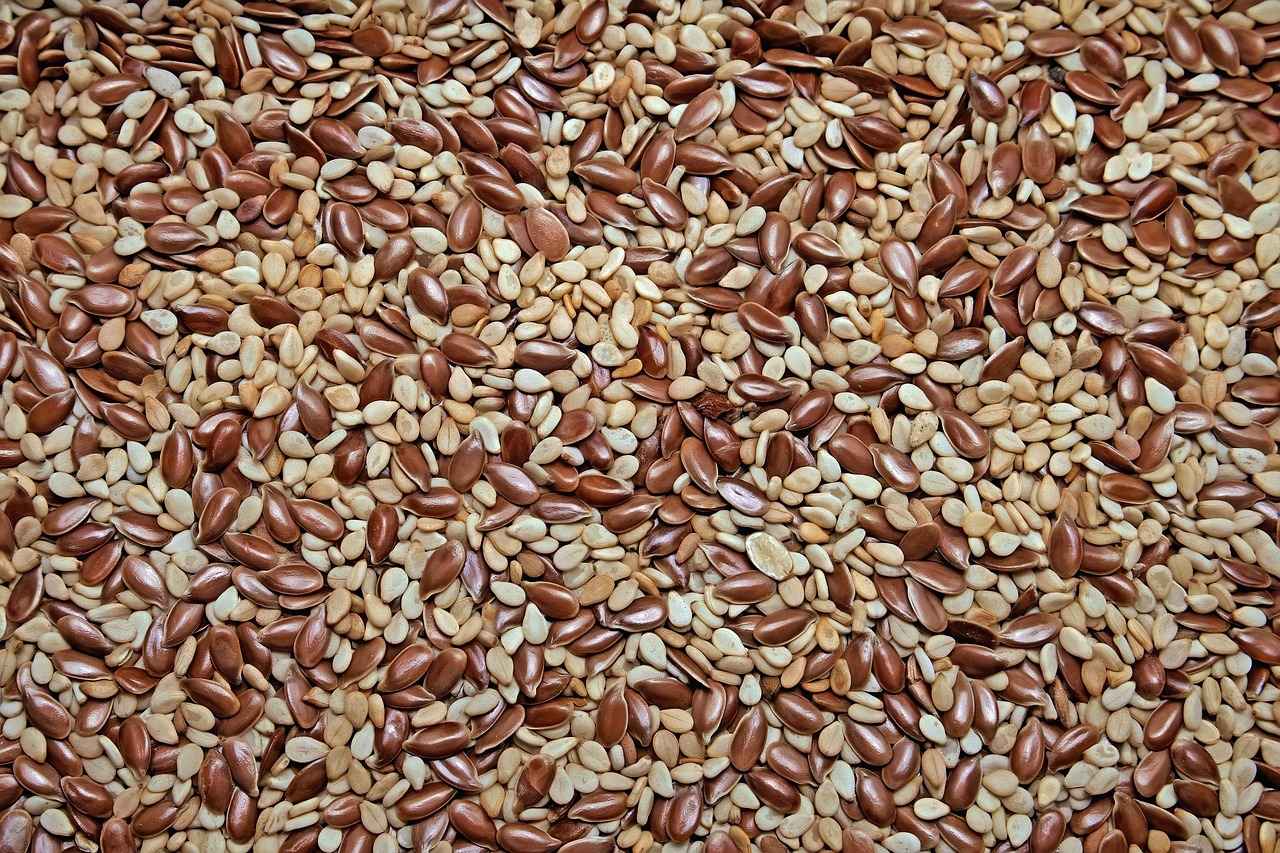
What Are the Potential Side Effects of Chia Seeds?
Chia seeds are renowned for their numerous health benefits, but like any food, they can have potential side effects, particularly when consumed in excessive amounts. Understanding these effects is crucial for anyone looking to incorporate chia seeds into their diet.
While chia seeds are generally considered safe for most individuals, there are some potential side effects that users should be aware of. Here are the main concerns:
Chia seeds are exceptionally high in dietary fiber, which is beneficial for digestive health. However, consuming them in large quantities, especially without adequate hydration, can lead to digestive discomfort. Some people may experience:
- Bloating
- Gas
- Diarrhea
To mitigate these issues, it is advisable to start with a small serving of chia seeds and gradually increase the amount while ensuring you drink plenty of water. This approach allows your digestive system to adjust to the added fiber.
Though rare, some individuals may have allergic reactions to chia seeds. Symptoms can include:
- Itching or swelling
- Rash
- Difficulty breathing
If you suspect an allergy, it’s essential to discontinue use and consult a healthcare professional immediately. Always monitor your body’s response when trying chia seeds for the first time.
Chia seeds can potentially interact with certain medications, particularly those that affect blood sugar levels or blood pressure. Their high fiber content can enhance the effects of these medications, leading to:
- Hypoglycemia (low blood sugar)
- Hypotension (low blood pressure)
If you are on medication for these conditions, consult your doctor before adding chia seeds to your diet.
Chia seeds can absorb up to 12 times their weight in water, forming a gel-like substance. If consumed dry, they may pose a choking hazard, especially for individuals with swallowing difficulties. To prevent this, always soak chia seeds in liquid before consumption, allowing them to expand and soften.
While chia seeds are low in calories, they are also energy-dense. Overconsumption can lead to an excess caloric intake, which may hinder weight management efforts. It’s essential to be mindful of portion sizes, typically recommended at about 1 to 2 tablespoons per day.
In summary, while chia seeds offer numerous health benefits, it is crucial to consume them in moderation and be aware of potential side effects. By doing so, you can enjoy the nutritional advantages of chia seeds while minimizing any adverse reactions. Always consult with a healthcare professional if you have concerns or experience any unusual symptoms after consuming chia seeds.
Digestive Concerns
Chia seeds have gained popularity for their numerous health benefits, but like any superfood, they come with certain considerations. One of the most notable concerns is their high fiber content. While fiber is essential for digestive health, consuming too many chia seeds at once can lead to uncomfortable digestive issues for some individuals.
Chia seeds are incredibly rich in dietary fiber, which is beneficial for maintaining healthy digestion. However, their high fiber content can also result in bloating or discomfort, particularly if consumed in excess. When chia seeds are ingested, they absorb water and expand, forming a gel-like substance. This property can be beneficial for promoting satiety, but it can also lead to gastrointestinal distress when too many seeds are consumed without adequate hydration.
For most people, consuming 1-2 tablespoons of chia seeds per day is considered safe and beneficial. Exceeding this amount, especially without increasing water intake, may lead to digestive discomfort. It is essential to listen to your body and adjust your intake accordingly. If you are new to chia seeds, start with smaller amounts and gradually increase your consumption to allow your digestive system to adapt.
Individuals who consume excessive amounts of chia seeds may experience:
- Bloating: The gel-like expansion of chia seeds can create a feeling of fullness, leading to discomfort.
- Gas: High fiber intake can lead to increased gas production in the digestive tract.
- Constipation: Without sufficient water intake, the fiber can harden in the intestines, leading to constipation.
To mitigate the risk of digestive discomfort, it is crucial to drink plenty of water when consuming chia seeds. The seeds can absorb up to 12 times their weight in liquid, making hydration essential. Aim to drink at least 8-10 glasses of water daily, especially if you are increasing your fiber intake. This will help facilitate digestion and prevent any adverse effects.
Here are some practical tips to enjoy chia seeds without the digestive concerns:
- Soak Before Eating: Soaking chia seeds in water or another liquid before consumption can help reduce their potential for causing bloating.
- Incorporate Gradually: Introduce chia seeds into your diet slowly, allowing your digestive system to adjust.
- Mix with Other Foods: Combine chia seeds with smoothies, yogurt, or oatmeal to enhance digestibility and flavor.
If you experience persistent digestive issues or discomfort after consuming chia seeds, it may be wise to consult a healthcare professional. They can provide personalized advice and determine whether chia seeds are suitable for your diet. Additionally, individuals with underlying digestive conditions, such as irritable bowel syndrome (IBS), should exercise caution and seek guidance from a nutritionist or doctor.
In summary, while chia seeds offer numerous health benefits, including high fiber content and essential nutrients, it is crucial to consume them mindfully. By understanding your body’s needs and staying hydrated, you can enjoy the advantages of chia seeds without the digestive drawbacks.
Allergic Reactions
Chia seeds have gained popularity as a superfood due to their numerous health benefits and nutrient density. However, it is crucial to be aware of potential allergic reactions that may occur in some individuals. Understanding these reactions can help you make informed dietary choices.
An allergic reaction occurs when the immune system mistakenly identifies a harmless substance, such as chia seeds, as a threat. This can trigger a response that may range from mild to severe. Symptoms can vary widely among individuals, making it essential to recognize them early.
- Skin Reactions: Hives, rashes, or itching may occur, indicating a possible allergy.
- Digestive Issues: Symptoms such as nausea, vomiting, or diarrhea can arise shortly after consuming chia seeds.
- Respiratory Problems: Some individuals may experience difficulty breathing, wheezing, or nasal congestion.
- Anaphylaxis: In rare cases, chia seed allergies can lead to a life-threatening reaction requiring immediate medical attention.
While chia seed allergies are rare, certain individuals may be more susceptible. Those with existing allergies to other seeds, such as sesame or flaxseed, may have a higher risk of developing an allergy to chia seeds. Additionally, individuals with a history of food allergies should approach chia seeds with caution.
If you are new to chia seeds, it is advisable to introduce them gradually into your diet. Start with a small amount, such as a teaspoon, and monitor your body’s response. If you experience any adverse effects, discontinue use and consult a healthcare professional.
If you suspect that you are allergic to chia seeds, it is essential to seek medical advice. An allergist can conduct tests to confirm the allergy and provide guidance on managing it. In cases of severe reactions, carrying an epinephrine auto-injector may be necessary.
If you discover that you are allergic to chia seeds, there are plenty of alternative seeds and superfoods that offer similar nutritional benefits. Consider flaxseeds, hemp seeds, or pumpkin seeds, which can be easily incorporated into your diet without the risk of allergic reactions.
In conclusion, while chia seeds are a nutritious addition to many diets, it is vital to be aware of the potential for allergic reactions. By understanding the symptoms, risks, and safe introduction methods, you can enjoy the health benefits of chia seeds while minimizing any adverse effects.
Frequently Asked Questions
- What are the health benefits of chia seeds?
Chia seeds are packed with nutrients, including omega-3 fatty acids, fiber, and protein. They help improve heart health, support weight loss, and aid digestion, making them a fantastic addition to your diet.
- How can I incorporate chia seeds into my meals?
You can easily add chia seeds to smoothies, oatmeal, or yogurt. They’re also great for making chia seed pudding or sprinkling on salads for an extra nutritional boost!
- Are there any side effects of consuming chia seeds?
While chia seeds are generally safe, some individuals may experience digestive discomfort if consumed in large quantities. Always start with a small amount to see how your body reacts.
- Can chia seeds help with weight loss?
Yes! Their high fiber content can help you feel full longer, which may reduce overall calorie intake. Plus, they’re nutrient-dense without being high in calories.
- Are chia seeds suitable for everyone?
Most people can enjoy chia seeds, but those with allergies or digestive issues should consult a healthcare professional before adding them to their diet.




